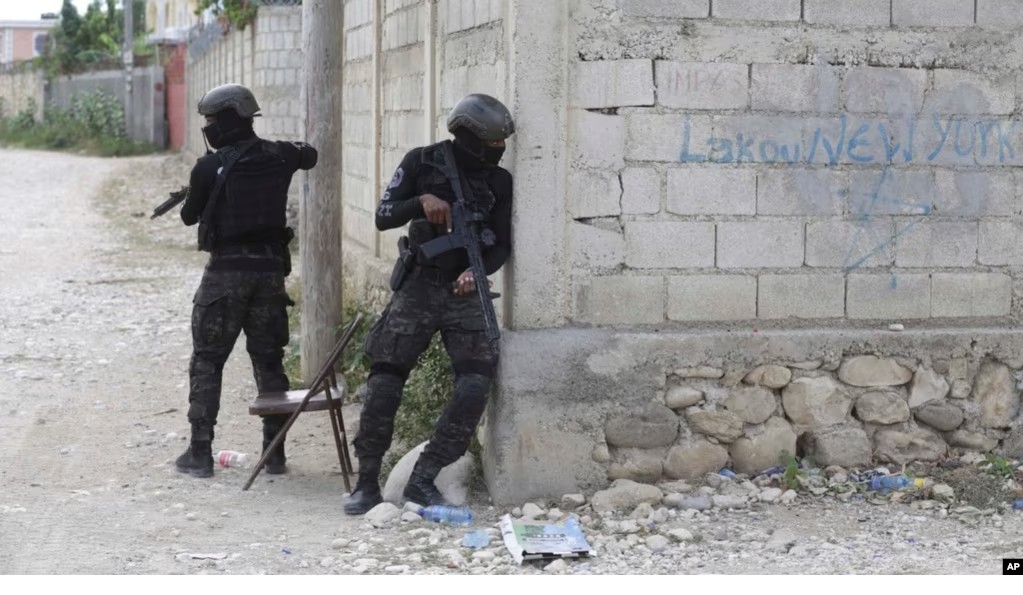UNITED NATIONS, July 31 (Reuters) – U.N. Secretary-General Antonio Guterres on Monday welcomed Kenya’s readiness to lead an international force to help Haiti’s police combat gang violence and encouraged other countries – particularly from Haiti’s region – to join the effort.
Kenya was ready to deploy 1,000 police officers to help train and assist Haiti’s police “restore normalcy in the country and protect strategic installations,” Kenya’s Foreign Minister Alfred Mutua said in a statement on Saturday.
Haiti’s government last year asked for international security help. Guterres backed that request and in October proposed that one or more states send a “rapid action force” to support the Caribbean country as it struggles to combat violent gangs that have largely overrun the capital Port-au-Prince.
Guterres “values Kenya’s consideration to possibly lead a non-U.N. multinational force,” U.N. spokesperson Farhan Haq told reporters on Monday.
“The Secretary-General reiterates his call to the Security Council to support such a non-U.N. international operation and encourages member states, particularly from the region, to join forces with Kenya,” Haq said.
While there has been broad support for a rapid action force with several countries expressing interest in contributing, until now none has volunteered to lead a deployment. The United States had lobbied Canada to lead, diplomats said. French is widely spoken in both Canada and Haiti.
“I’m very happy to see that many other countries are becoming involved to help,” Canada’s Prime Minister Justin Trudeau told reporters on Monday when asked about Kenya’s announcement, adding that he was continuing conversations with the U.N. about what Canada can do for Haiti.
U.N. BACKING
In March Canada pledged C$100 million ($75 million) in aid for Haiti’s police and in October joined the United States in delivering tactical and armored vehicles and other supplies.
Countries have been wary of supporting the unelected administration of Prime Minister Ariel Henry, who has said fair elections cannot be held with the current insecurity. Haiti has been without any elected representatives since January.
U.S. State Department spokesperson Matthew Miller said on Monday that the United States and Ecuador would draft a U.N. Security Council resolution to authorize the deployment of an international security force to Haiti.
“We are committed to finding the resources to support this multinational force,” he told reporters. “I think it’s too early to get into new details about what those resources might be. But after the Kenyans have conducted their initial assessment mission we will of course be in contact with them.”
U.S. Secretary of State Antony Blinken discussed Haiti with Kenya’s President William Ruto on Saturday.
Guterres is due to submit a report to the U.N. Security Council by mid-August outlining the full range of U.N. support options “including support for a non-U.N. multinational force, or a possible peacekeeping operation.”
U.N. peacekeepers were deployed to Haiti in 2004 after a rebellion led to the ouster and exile of then-President Jean-Bertrand Aristide. Peacekeeping troops left in 2017 and were replaced by U.N. police, who departed in 2019.
Haitians are wary of an armed U.N. presence. The country was free of cholera until 2010, when U.N. peacekeepers dumped infected sewage into a river. More than 9,000 people died of the disease, and some 800,000 fell ill.





